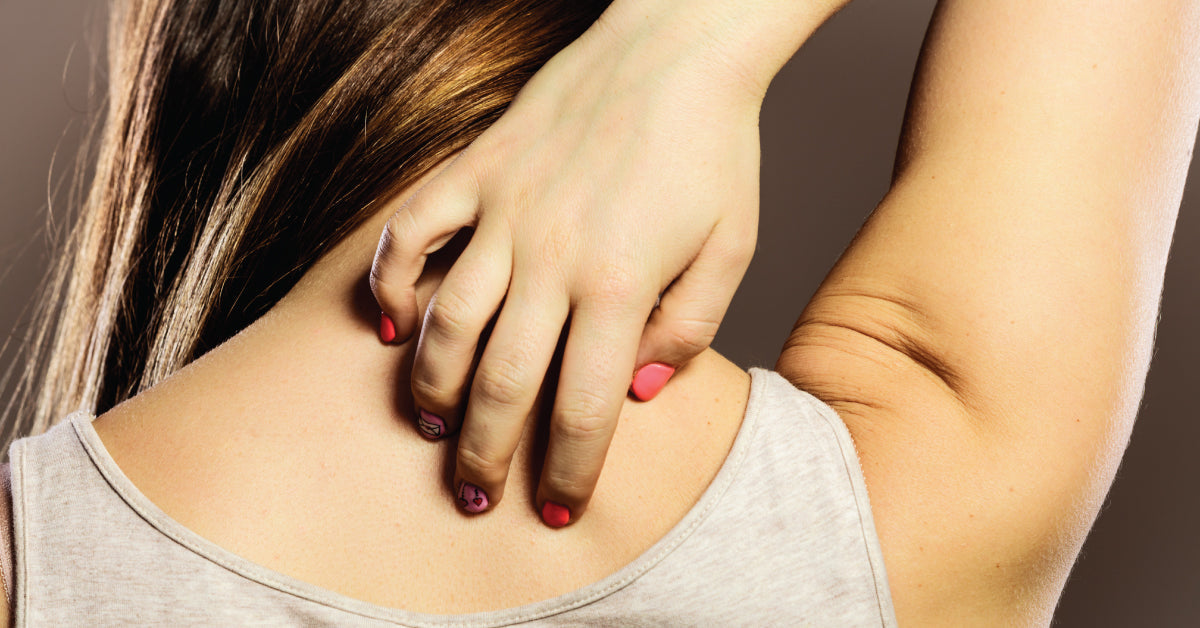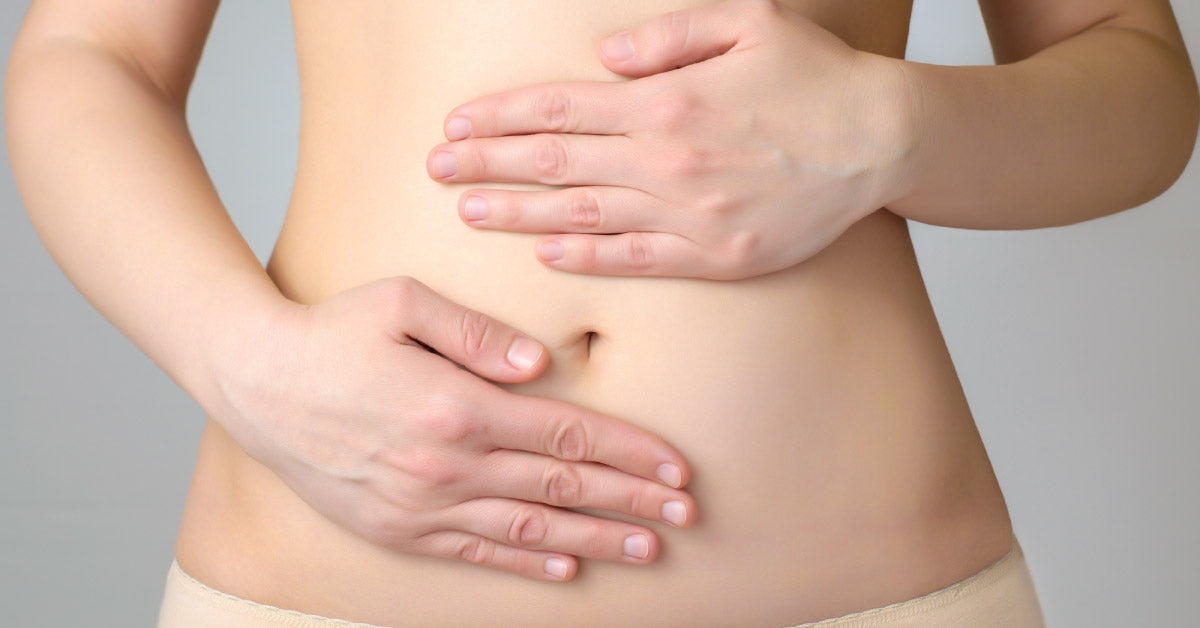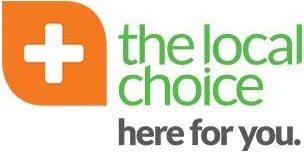Many digestive problems don’t seem to point to poor gut health at first
But looking closer, it may start to make more sense…
The major role of the digestive system is to break down food and to absorb nutrients from this food into the body. If the gut is damaged, it doesn’t matter how healthy the food or supplements are, the gut will not be able to deliver those nutrients to the rest of the body. That can then lead to digestive problems.
Why is gut health so important?
The body depends largely on the nutrients it absorbs and assimilates. Over two-thirds of neurotransmitters are made in the gut.
The gut is considered the second brain since the majority of serotonin (90% – 95%) is made in the gut, not the brain.
If a gut is inflamed or not functioning optimally, the production of serotonin will be impacted and the end result can be depression.
Bear in mind that an inflamed gut = an inflamed brain = increased risk of depression and dementia.
Poor gut health can be the root cause of most of the current digestive problems.
Since the immune system revolves around the gut, poor gut health can manifest in different ailments with horrendous symptoms.
What are the symptoms of poor gut health?
When the digestive system isn’t working correctly the following symptoms may be present:
- Bloating, belching, burning, or flatulence after meals
- Heartburn and acid reflux
- Bad breath
- A sense of never-full, binge eating
- A sense of bloating or fullness after eating
- Indigestion
- Diarrhoea
- Food intolerances (sensitivity to grain and dairy)
- Constipation
- Allergic reactions after eating
- Itchy skin, ears, or rectum
- Weak or cracked fingernails
- Dilated capillaries in the cheeks and nose
- Skin irritations such as perioral dermatitis, acne, rosacea
- Iron deficiency
- Chronic yeast infections
- Fatigue
- Loss of menstrual cycle or severe PMS
- Diffuse or localized abdominal pain (contractions, spasms, heartburn, etc.)
- Changes in digestive transit, such as bouts of constipation or diarrhoea, and sometimes both alternately.
There are many different conditions related to the digestive system. Some may not last long and could be symptomatic to other things – such as constipation and diarrhoea. However, some are long-lasting, life-changing and need proper care and support to help manage the condition.
What other health conditions are related to poor gut health?
- Allergies
- Candida
- Changes in brain function
- Coeliac Disease
- Crohn’s Disease
- Diarrhoea
- Fibromyalgia
- Headaches
- Gallstones
- Haemorrhoids (Piles)
- Irritable Bowel Syndrome (IBS)
- Leaky gut syndrome
- Skin problems
- Ulcerative Colitis
The transit time of food should be between 24-36 hours from eating to elimination.
What causes poor gut health?
The culprits that can play a part in damaging the gut health are:
Non-steroidal anti-inflammatory drugs (NSAIDs)
NSAIDs such as aspirin, ibuprofen, and naproxen relieve pain and inflammation by blocking an enzyme called cyclo-oxygenase.
The problem is that this enzyme also performs important functions, such as protecting the stomach from the corrosive effects of its own acid, which strengthens the activity of the immune system. Because of this, they can cause intestinal inflammation, damaging the lining of the intestine and causing intestinal permeability.
This process can turn on an autoimmune response in the body. Among people who chronically use NSAIDs, research estimates that 65% will develop intestinal inflammation and up to 30% will develop ulcers.
Antibiotics
Frequent use of antibiotics can decrease the beneficial, protective gut bacteria (good flora). With the body’s natural defenses down, antibiotics are more prone to damage to the gut’s lining. What’s worse is that without some healthy intervention, the body’s unique diversity of trillions of beneficial bacteria won’t automatically be recovered after it’s lost.
Stress
Chronic stress can weaken the immune system’s response to infection. The brain and intestines are mediated by many of the same hormones (which is why the gut is referred to as the second brain). This connection is referred to as the gut-brain axis.
Alcohol
Overuse of alcohol has a negative impact on just about every system in the body. As far as the intestines go, alcohol can irritate the stomach and intestines and suppress the hormones which protect against the inflammation that contributes to the leaky gut syndrome.
Grains
The negative impact of gluten is well documented now, but in a few years research will find a similar, possibly even worse, the negative impact from other gluten-free grains. With their abundance of amylose sugars that cause inflammation, anti-nutrients such as lectins and phytates that bind to the intestines and make nutrients inactive in the body, grains can cause a wide array of damage to the gut and our health.
How is poor gut health treated?
The diet is the most important factor in getting gut health on par.
Remove the bad
The goal is to get rid of things that negatively affect the environment of the GI tract such as inflammatory foods, infections and gastric irritants like alcohol, caffeine or medication (if possible). Inflammatory foods such as gluten, dairy, corn, soy, eggs, and sugar can lead to food sensitivities.
Follow the Manna 7-day damage control program to get rid of all the “bad” foods. Infections can be from parasites, yeast or bacteria.
A comprehensive stool analysis is key to determining the levels of good bacteria as well as any infections that may be present. Removing the infections may require treatment with herbs, anti-parasite medication, anti-fungal medication or even antibiotics.
Replace, restore and repair
Replace the “bad” food with “good” food, which is beneficial to gut health.
Add back in the essential ingredients for proper digestion and absorption that may have been depleted by diet, medication (such as anti-acid medications), diseases or aging.
Restore the balance in the gut with the correct digestive enzymes, probiotics, and l-glutamine that are required for proper digestion. Consuming foods high in soluble fibre is very important.
Follow the FREE Manna Digestive Health Protocol
The Manna Digestive Health Protocol offers a total overview of what to do in order to get the gut health back to where it should be.
Take the Manna GUT Support Daily

















































